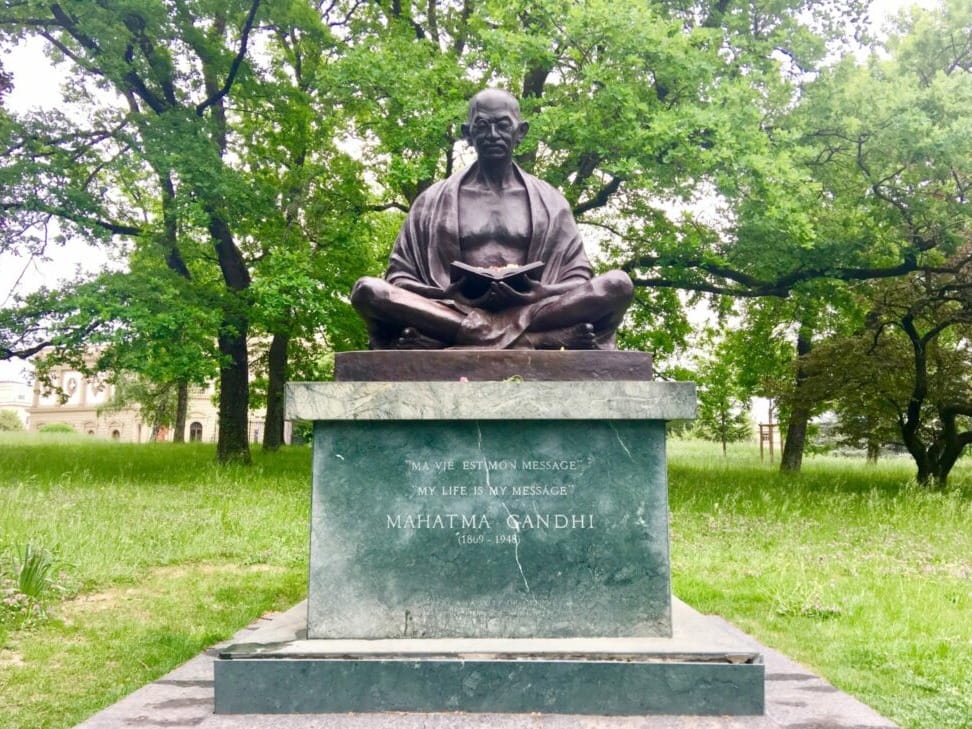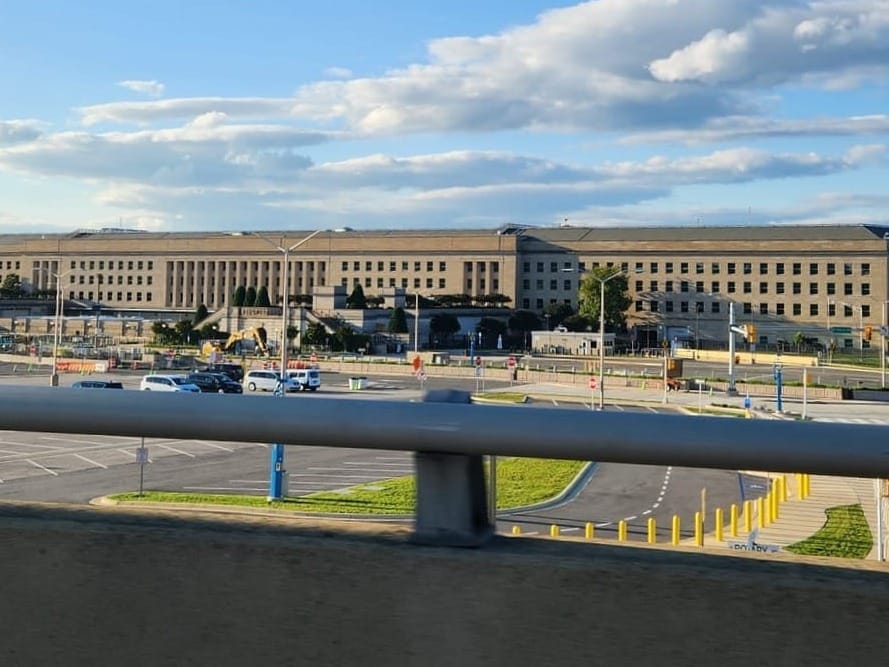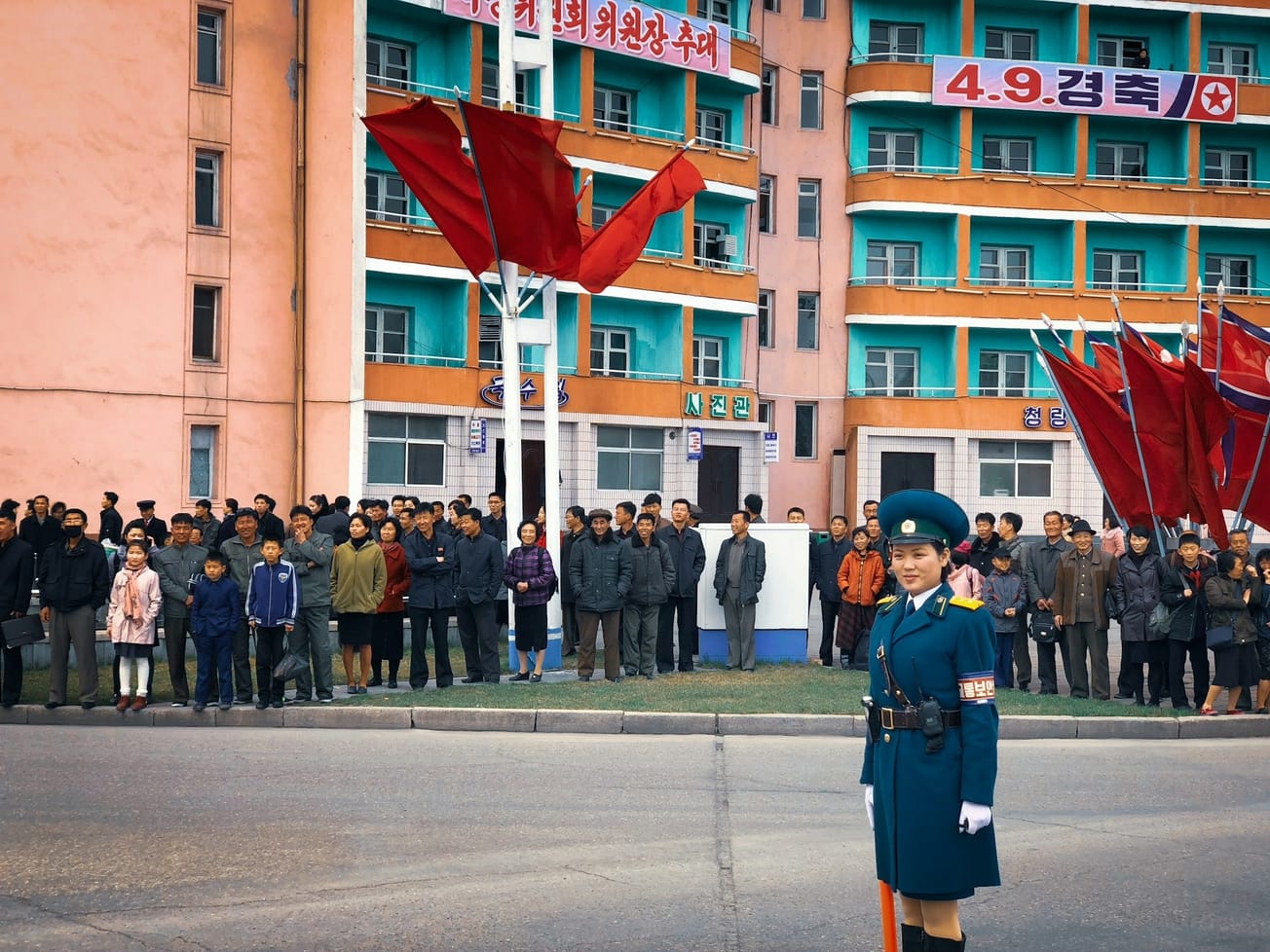UNITED NATIONS (AN) — Three times a year, a little-known expert panel gathers in New York and Geneva with a monumental task: upholding people's civil and political rights around the world.
The job of the 18 independent experts who sit on the United Nations Human Rights Committee is to ensure that 172 nations live up to their commitments under the International Covenant on Civil and Political Rights. Another six countries — China, Comoros, Cuba, Nauru, Palau and Saint Lucia — have signed but not ratified the treaty, which took effect in 1976. Nineteen others have taken no action on it.









